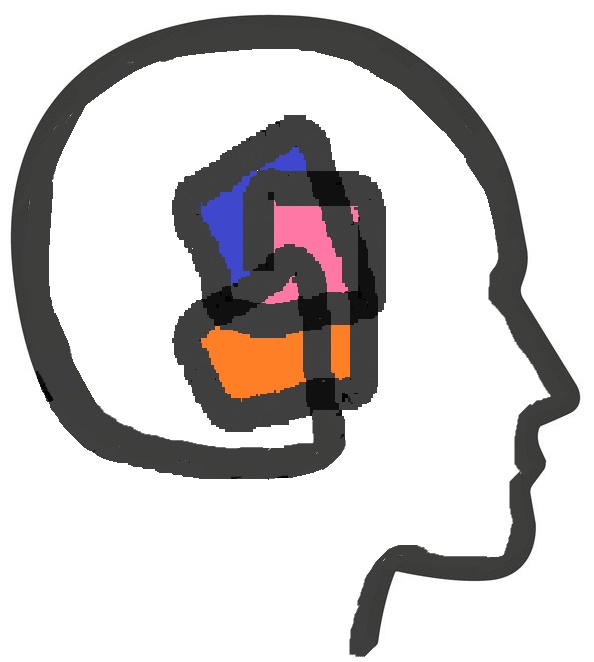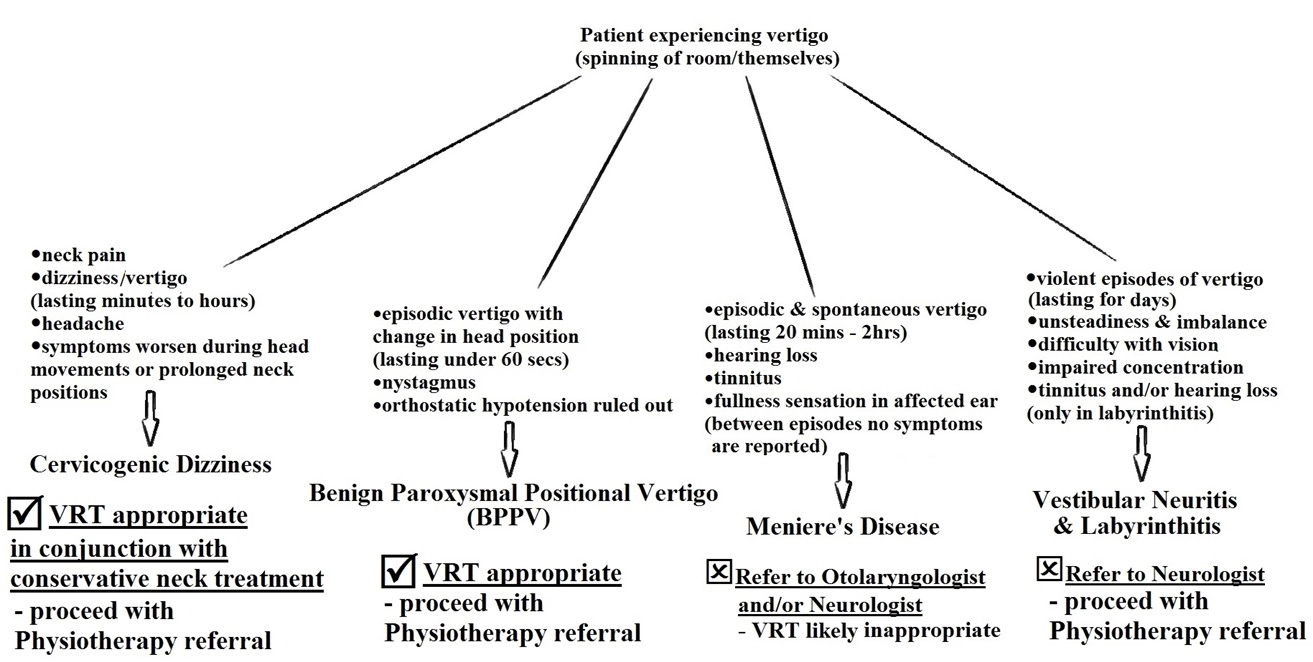
Dizziness Conditions
Some dizziness, vertigo and imbalance conditions include:
- BPPV
- Vestibular Neuritis & Labyrinthitis
- Meniere’s Disease
- Vertigo Migraines
- Cervicogenic Dizziness
- Concussion & Post-Concussion Syndrome
- Mal de Debarquement Syndrome
- Acoustic Neuroma (Vestibular Schwannoma)
- Vertebrobasilar Insufficiency
A great majority of patients who are suffering from a vestibular disorder, unfortunately are screened by several different health care practitioners before a proper diagnosis is made. A 2008 clinical practice guideline article by Battacharyya and colleagues, reported that it costs approximately $2,000 to arrive at the diagnosis of BPPV. 86 percent of patients suffered some interrupted daily activities and lost days at work because of dizziness, vertigo or imbalance. My experience from the perspective of vestibular physiotherapy is that patients are either getting their information from online sources, or they are getting their diagnosis from an emergency doctor or family doctor. However, it is difficult to see the amount of people who are left to manage their symptoms and signs on their own. A detailed vestibular subjective and objective assessment is thus necessary, because it is challenging to differentiate between illnesses simply relying on one's dizziness. By asking about symptoms of vertigo, disequilibrium, light-headedness, swaying, rocking on a boat and imbalance, a health care practitioner who assesses and treats vestibular disorders can provide a roadmap for a patient's full recovery.
To read further about specific definitions and subcategories of dizziness, please make reference to my blog on “Making Sense of Dizziness”.
